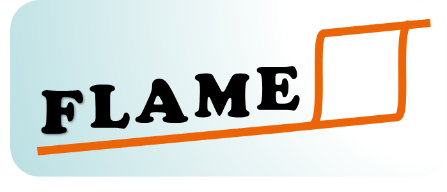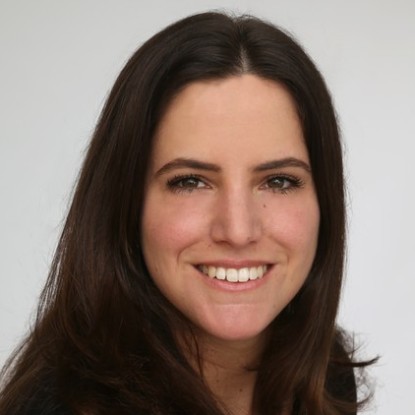
Impact of Doping Conditions on the Fermi Level in Lead-Free Antiferroelectrics
Lorenzo Villa, M.Sc. Materials Modelling Division Department of Materials- and Geosciences Technical University of Darmstadt
Abstract
Lead-free antiferroelectric materials (AFE) have emerged as promising candidates for high-performance capacitors due to their ability to exhibit high energy density, energy efficiency, and low environmental impact. NaNbO3 is among the most promising materials in this class, given the possibility of obtaining double P-E loops at room temperature. Doping is a commonly used method to obtain narrower antiferroelectric P-E loops. Intrinsic and extrinsic defects can form when impurities are introduced into a system, and they can interact with the already present defects to form defect dipoles that affect the switching behavior of electric dipoles and, therefore, the P-E loops. We investigate with Density Functional Theory the equilibrium and quenched thermodynamics of defects, including defect complexes, in Sodium Niobate. We computed formation energies for all types of vacancies and substitutions, accounting for all possible charge states, in different regions of the stability diagram. Additionally, we developed an original approach to account for charge state transitions in the defect quenching model to more accurately reproduce experimental conditions.
Short Biography
Lorenzo Villa completed his Bachelor's degree in Materials Science at the Università degli Studi di Milano-Bicocca in Italy from 2013 to 2016. He then went on to complete his Master's studies in Materials Science at the same university from 2016 to 2019, including an Erasmus semester at the Technical University of Darmstadt in 2017-2018. Since 2019, he is a FLAME member and he has been studying as a Ph.D. student in the Materials Modelling Division at the Technical University of Darmstadt. He specializes in defect thermodynamics with ab-initio computational methods.
About the FLAME-inars
The FLAME-inars are organized by the collaborative project FLAME at TU Darmstadt, in which electronic-structure-property relationships are being developed and exploited to realize novel lead-free antiferroelectric compounds. The seminars will gather experts in processing, characterization and theory to discuss materials and applications, bulk and thin films, fundamental properties, electronic structure & defects, and related aspects.



